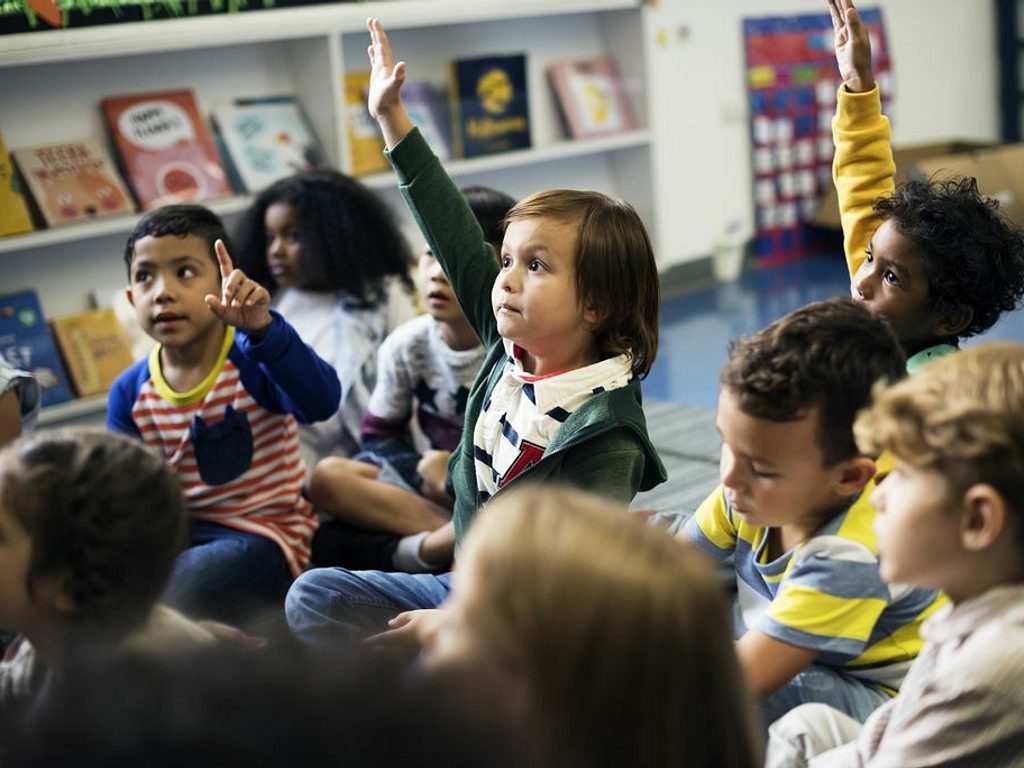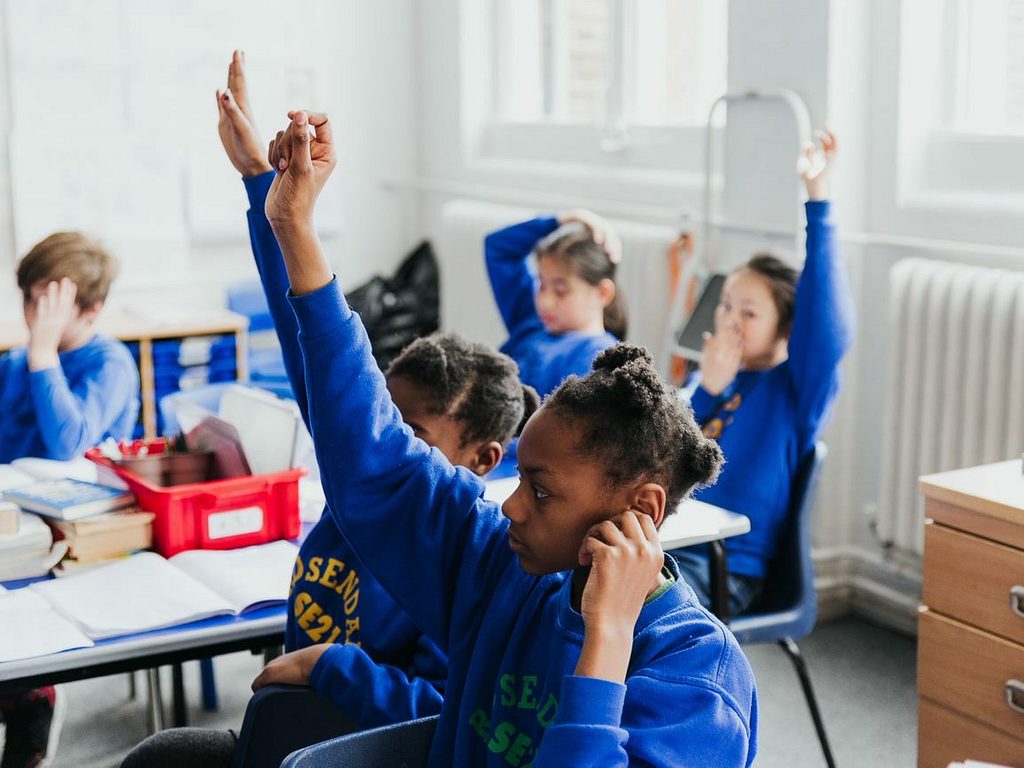- New research finds children’s literacy and maths skills, communication and language, physical development, and personal social and emotional development have all been affected.
- Separate report summarising research on the impact of the pandemic on learning finds attainment gap between socially disadvantaged pupils and their classmates has grown.
- There is some evidence that in primary schools, younger year groups have been the most significantly affected. Other recent research shows particularly negative impacts for pupils in Key Stage 3.
- Practical guide to support schools’ recovery efforts focuses on high-quality teaching, targeted interventions, and approaches to improving behaviour and attendance
Four- and five-year-olds were less likely to meet the expected levels of development in 2021 than before the pandemic, with parents and schools reporting that children’s personal-social and emotional development, language, literacy, and numeracy skills had been affected.
This is according to the final report from a major research project commissioned by the Education Endowment Foundation (EEF) and conducted by a team from University of York, National Institute of Economic and Social Research (NIESR) and the Education Policy Institute (EPI), published today.
Using a sample of Early Years Foundation Stage data, the researchers assessed the impact of the pandemic on the development of children who were in Reception class for the school year that ran from 2020 – 21.
They found that the proportion of children in their sample reaching the expected levels in all areas – communication and language, physical development, literacy, maths, and personal, social and emotional development – was 59% in 2021, compared to 72% for the 2019 cohort. This difference is equivalent to, on average, three more children in every classroom not reaching the expected levels by the end of the school year.
The findings are supported by surveys of schools asking them about their pupils’ development. When this cohort of children started school in 2020, over three-quarters (76%) reported that they needed more support than those starting school before the pandemic. This had fallen to just over half (56%) by the end of the school year.
Today’s new research is included in a summary report, also published by the EEF today, that reviews a wide body of research to give an up-to-date picture of how the pandemic has affected learning for different groups of pupils. It finds that:
- While all pupils’ learning has been affected, the attainment gap between socially disadvantaged students and their classmates has grown across all age groups.
- There is some evidence that in primary schools, younger year groups have been the most significantly affected.
- Aside from the impact on attainment, which is the focus of today’s report, teachers have frequently reported concerns around the impact on pupil wellbeing.
While the report finds some evidence that education recovery is beginning in some subjects and in some age groups, schools still face considerable challenges in mitigating the effects of the pandemic. To support recovery efforts, the EEF has produced a practical guide for schools to support their planning and recovery efforts into the next school year.
‘Moving Forwards’ promotes a three-pronged approach to school planning, to enable busy school leaders to consider where best to invest time, energy, and resources for the benefit of their pupils and education recovery. It focuses on:
- High-quality teaching, every day, for all pupils. This is the most important factor when it comes to improving attainment outcomes, particularly for socially disadvantaged pupils.
- Targeted academic interventions. For pupils in need of additional support, targeted interventions that are finely tuned to their individual needs and act as a complement to classroom teaching can help.
- Addressing non-academic barriers to success at school. Strategies to improve barriers to success like poor attendance and behaviour can have an influence over attainment.
Sir Peter Lampl, chair of the Education Endowment Foundation (EEF) and of the Sutton Trust, said:
Professor Becky Francis, CEO of the Education Endowment Foundation (EEF), said:
Ruth Coleman, headteacher at Highfield Nursery School in Ipswich, said:
Claudine Bowyer-Crane, Associate Research Director – Education and Skills at NIESR, said:

Guidance for teachers
Best evidence on impact of COVID-19 on pupil attainment

Blog
EEF blog: Understanding the impact of COVID on learning


Blog
EEF blog: Moving Forwards, Making a Difference

